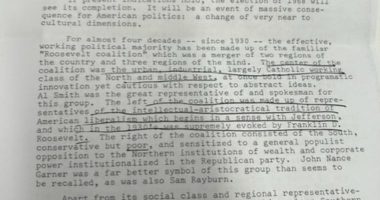
WASHINGTON — The White House on Tuesday laid out new proposed actions to lower the cost of child care and strengthen a block grant program that helps low-income families access care.
The proposals expand on President Joe Biden’s executive order in April directing the Department of Health and Human Services to work on policies to reduce child care costs for families who benefit from the Child Care and Development Fund.
Vice President Kamala Harris detailed the announcement in a call with reporters, emphasizing that child care is a “critical issue” for many families.
“I strongly believe that when we lift up the status and the economic status of families, we lift up the economic status of communities,” Harris said. “Our entire economy and our entire nation benefits as a result.”
The proposal would cap child care copayments at 7% of a family’s income for those participating in the Child Care & Development Block Grant program. If the proposal is enacted, about 80,000 families would have reduced child care payments, according to a White House fact sheet.
The plan would also ensure that nearly 200,000 child care providers participating in the block grant program would be paid on time, rather than retroactively, the White House said.
The proposal would also encourage states to accept online applications for people seeking to enroll in the program.
During the call, Harris said parents should be able to apply for help online. She emphasized that families should not have to choose between providing high-quality care for their children and giving up their job or putting food on the table.
Harris described the issue as personal, reflecting how child care allowed her mother to contribute to the fight against breast cancer as a researcher.
“My mother often said that but for Mrs. Shelton, she would never have been able to do the work that she did,” Harris said of a woman who ran a child care center. “She would have never been able to contribute as she did to the fight to end breast cancer.”
This proposal has several months to go before it can be enacted. The 45-day comment period opens Thursday, according to senior administration officials.
When the period closes, the HHS’s Administration for Children and Families will review the comments and work to draft a final rule.
The White House said it hopes to publish the final rule in the spring of 2024.
Source: | This article originally belongs to Nbcnews.com










